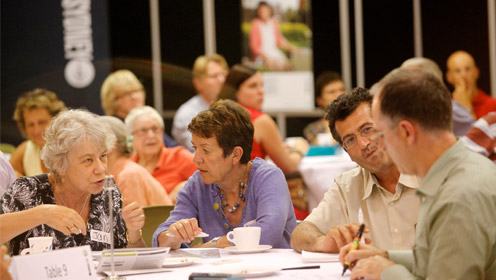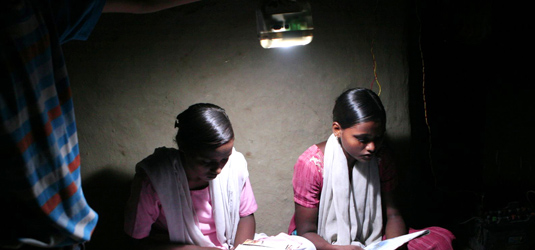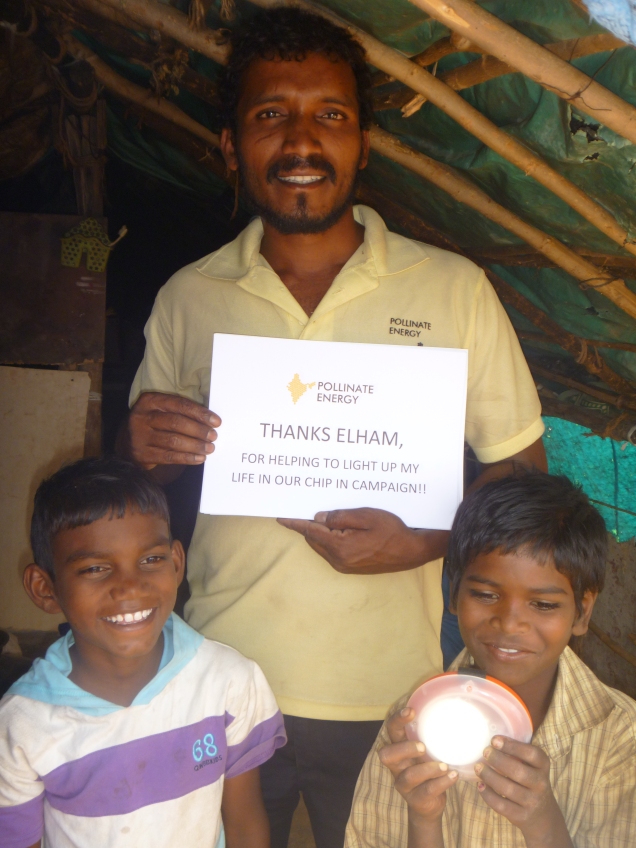Since moving back to Sydney, I have been taking my children to ‘Bush Kids’ events. As well as introducing my children to the wonderful nature of Australia, these events give me the opportunity to meet other like minded parents and carers.
One of the people that I’ve met has been Corrine Fisher a passionate environmental advocate and mother of two. Because of this personal connection, I’ve come to know about the Bette Planning Network and their important work in light of changes to legislation being introduced in NSW. These legislative changes may have gone unnoticed if it wasn’t for people like Corrine and her colleagues at the Better Planning Network who have been working to highlight what these changes will mean.
In essence, the change being introduced in two bills is to remove your right as a citizen to comment on developments in your local area. Currently all developments must undergo a ‘neighbourhood notification’ period, whereby all affected residents have an opportunity to view plans and put forward comments or objections.
In some instances this notification is given to neighbours for purely process reasons (as I recently found out when I put in a fence application) and it has been attributed to the ‘NIMBY (not in my backyard) syndrome where people feel the need to object to everything, and therefore any development is likely to get tangled in ongoing consultation and ultimately never go ahead.
Despite this however, providing the people of a community the opportunity to have a say in developments that have a direct impact on them is a very important way of creating a sense of cohesion within a community. Who better to provide developers and local government with knowledge than the locals?
When I lived in the UAE, there was pretty much no community consultation on developments. Some strategic plans would have very high level and minimal consultation, but on the whole it was certainly my observation that developments were government sanctioned and as a result the UAE has grown considerably in the last 30 years. When I moved back to Sydney, I recalled how things seem to take so long to get off the ground and this is largely due to the political processes that are in place and well…democracy.
While the model of the UAE may work for it as a country, I am concerned with removing the right to comment on developments altogether. My local area for example is going through considerable change at the moment. There are apartment buildings being developed left right and centre. While as a concept I believe in urban renewal and building in already developed areas, I am concerned about a few things like traffic and services. In none of these plans were there any commercial shops – not even a corner store, so everyone will be forced to drive to Lane Cove.
The beauty of Lane Cove and one of the big reasons that I bough here is the community village feel. It is on most days already at full capacity and I cannot imagine how horrible the trip to the local shops will be once all of these apartments come on line. I’m certainly hoping by that stage to be less car dependent and cycle and walk more with the kids when needing to do some shopping. But in the context of these bills, at least with these apartment developments, the local community action group was able to comment on the scale of the apartments and to negotiate a design that is more in keeping with the surrounding environment and bush setting.
The removal of this local voice altogether will give a green light to developments to be fast tracked with reduced consideration to the environment and the heritage and character of an area.
Since the campaign by the Better Planning Network the government has highlighted that residents will be given an opportunity to comment at the strategic planning level. However I wonder how informed people will be when they are commenting in a 10 year strategic plan and to what level these consideration will inform that strategic document. Additionally, the government has said that even if these strategic plans include resident concerns, they have the right to amend them without any further consultation. Now I may not be an expert, but that doesn’t sound particularly democratic to me and I believe more and more that local action is a very important form of democracy.
What can you do?
So if you a NSW resident and concerned about these changes, there are a few things that you can do to have your voice heard before the bills are put to parliament:
• Tell your friends and colleagues about it;
• Go to the Better Planning Network site and send an email to your local member (it’s easy, it takes like 10 seconds as they give you a template to follow!). The site also gives you other tips on how to get your message to the politicians in power http://betterplanningnetwork.good.do/nsw/email-your-state-mp-3/;
• Sign the petition for exhibiting the Draft Metro Plan for Sydney which calls for great community participation http://www.change.org/en-AU/petitions/please-exhibit-metro-strategy-for-sydney-under-the-new-planning-system;
• Like the Better Planning Network’s facebook page; and
• Attend the rally on Wednesday 26 June 12:15 – 1:30 pm at 1 Farrer Place, Sydney- next to Governor Macquarie and Governor Phillip Towers and not far from the NSW Department of Planning and Infrastructure.



